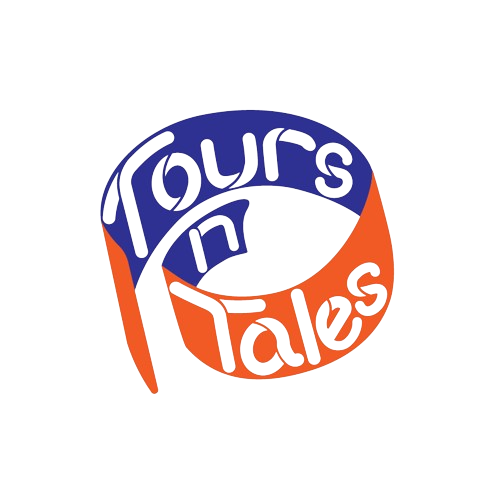Interview with Roni Bossin, an Israeli tour guide in New Orleans, on the IDF (Israeli Defence Forces) radio station (Galei Tzahal) about life in New Orleans #inthetimesofcorona, virtual tours on Zoom, and how New Orleans has survived natural disasters and epidemics throughout history. The interview is in Hebrew. The transcript is as follows:
Razi Barkai: From New York we are going south to Louisiana. We are with Roni Bossin. Hi, Roni.
Roni: Hi, Razi, how are you?
Razi: Great, say hello to Rino too. Rino: Good morning, Roni.
Roni: Good morning, Rino. Razi, I wanted to tell you that I’ve been listening to your show since the winter of 1996/7.
Razi: Wow, yes, I was already at Galei Tzahal. This was a year after the murder (Izhak Rabin assassination). Tell me something. Have you been in New Orleans for so many years?
Roni: No, I have been here for almost three years.
Razi: Okay, and what do you do there?
Roni: I’m a tour guide. Of course, nowadays there is less work. Two weeks ago was the last tour I gave. Things changed here very quickly from day to day. At first we were told to give tours while social distancing. Later we were limited to only seven people on a tour, and before you knew it no tours were allowed. Every day in the last couple of weeks it became more and more strict. It felt like it came out of nowhere when in the time leading up to this I would have Israeli tourists on my tour who talked about Corona a lot, but here it didn’t sink in. It was like a snowball and every day it became more serious.
Razi: The tours you give, are they for Israelis or for local Americans?
Roni: Mostly local Americans. Israelis are about 20% of my tours and the rest are domestic travelers as well as Canadians, and in the past year and a half, I have also given Jewish tours of New Orleans which are very popular with Canadian and American Jewish tourists.
Rino: Where? Jewish tours in New Orleans?
Roni: Yes, of course. There is history here that connects New Orleans to Israel dating back to the 19th Century. For example, Mishkenot Shaananim (the first Jewish neighborhood outside of the Jerusalem city wall) was built by funds given by a New Orleans businessman (Judah Touro) to Sir Moses Montefiore.
Rino: The tours you give in New Orleans, are they music-related or what is the theme?
Roni: Music, culture in general. The history here is very unique because unlike other cities in the US that started out Puritan-British, New Orleans had Native Americans, French and Spanish Catholics, and later American and Caribbean influence. So this is a very special city. I give tours on general history, slavery, Judaism, and right now I am working on a sports history tour. And what I have to do now is start giving these tours virtually online on Zoom.
Rino: Razi, we are back to Zoom and Passover, etc.
Razi: How many people have died from Corona in Louisiana, Roni?
Roni: Last time I looked, and the truth is that we have a little rule in the house to limit our news consumption to 10 minutes in the morning and 15 in the evening. Last time I checked which was yesterday, almost 140 people had perished…
Rino: perished…
Roni: … and over 3,000 cases. The thing is that there aren’t that many tests here. As far as I know, Louisiana has completed over 10,000 tests so far, and I recently read that in South Korea they are doing 10,000 tests every day. I supposed that once we get more tests there will be more cases. I understand that Louisiana was declared as the fourth disaster area in the country, so we will probably get more tests for this purpose.
Razi: And let’s remind everyone that New Orleans, besides being a beautiful city and the French culture and great musical culture you have mentioned, is also a city that has known its share of suffering, and there is no hurricane that skips over the city.
Roni: Yes, this is true. Actually, there are a lot of hurricanes that skip over the city, but we always get ready. The most famous one was Hurricane Katrina and you can say that the city recovered since Katrina in a big way. Not only that, we have a history of epidemics in the city. In the 19th century and into the 20th century we had malaria, cholera, and the big one was yellow fever.
Rino: Are you saying that the people in New Orleans are not getting too rattled over Corona?
Roni: I’ll tell you what. Except for the hospitals, and I know some people that work there and the atmosphere is gloomy if you walk around on the street there is no sense of panic or sadness. It’s just very weird because the city is empty.
Razi: Okay, Roni. A. Good night. B. Keep listening to us. And let’s meet only in Smachot (good times). Roni Bossin, an Israeli tour guide in New Orleans, Lehitraot (see you).
Roni: Thank you very much. See you, guys.
